Balancing the Books: Expert Guidance for Busy CPAs from Professional Bookkeepers
- July 2, 2024

In the hectic world of finance, Certified Public Accountants (CPAs) are the trusted advisors who navigate the tricky paths of tax laws, audits, and financial planning. However, even the most experienced and battle-tested CPAs can find themselves overburdened with the sheer volume of tasks. This is where the professional bookkeeper comes in, imparting balance and efficiency to a CPA’s workload and helping achieve financial accuracy and operational excellence.
The Symbiotic Relationship Between CPAs and Bookkeepers
In many ways, the relationship between CPAs and bookkeepers is one of complementary strengths. CPAs tend to focus on high-level tasks; which include financial strategy, tax compliance, and audits, whereas bookkeepers generally manage the day-to-day financial transactions. This compartmentalization of duties allows each professional to master their respective domains, ensuring businesses function smoothly and efficiently.
Key Responsibilities of CPAs:
- Tax Preparation and Planning: Maintaining compliance with tax laws, preparing tax returns, and developing strategies to decrease tax liabilities.
- Financial Audits: Carrying out in-depth analysis of financial statements to ensure accuracy and compliance with regulations.
- Strategic Financial Planning: Advising businesses about financial strategy, including investments, growth plans, and risk management.
Key Responsibilities of Bookkeepers:
- Transaction Recording: Managing daily financial transactions, including sales, expenses, payroll, etc.
- Reconciliation: Consistently reconciling bank statements to ensure accuracy within financial records.
- Financial Reporting: Developing essential reports such as income statements and balance sheets that deliver a snapshot of the financial health of a business.
Benefits of Collaboration
- Accuracy and Efficiency: Bookkeepers ensure that all transactions are recorded accurately and promptly, decreasing the risk of errors when CPAs conduct audits or issue tax returns.
- Time Management: Assigning routine tasks to bookkeepers allows CPAs to devote a bulk of their focus to more complex issues, improving their productivity and service quality.
- Cost-Effectiveness: Businesses stand to save more by employing bookkeepers for routine tasks instead of leveraging CPA’s higher-cost expertise for every financial function.
Expert Tips for Seamless Collaboration
To position themselves for maximum success and benefits of this professional partnership, CPAs and bookkeepers need to:
1. Establish Clear Communication Channels
Constant and open communication is vital. Weekly check-ins, shared digital workspaces, and clearly defined documentation practices will guarantee that both parties are on the same page. Leveraging tools like Slack, Trello, or Asana can further integrate smooth communication and task management.
2. Define Roles and Responsibilities
Clearly outline and separate the roles of each professional. This distinction prevents overlap and decreases redundancy while ensuring all tasks are completed efficiently. A detailed workflow process further helps in assigning specific tasks to either the CPA or the bookkeeper.
3. Invest in Technology
Leverage accounting software like QuickBooks, Xero, or FreshBooks. The unique functionalities of these tools enable bookkeepers to streamline bookkeeping tasks and provide CPAs with accurate data for analysis and reporting. Cloud-based platforms allow both bookkeepers and CPAs to access real-time information, improving collaboration and decision-making. Adopting the latest technology and utilizing bookkeeping outsourcing can be essential for reclaiming your time and preserving your sanity.
4. Continuous Professional Development
The finance industry is in a constant state of flux. Both CPAs and bookkeepers need to engage in continuous learning to remain on top of evolving regulations, tools, and best practices. Consistently enrolling in training sessions and professional development courses will do wonders for keeping skills sharp and knowledge current.
5. Foster a Team Mindset
Consider the relationship as a partnership instead of a hierarchy. Regarding each other’s expertise mutual respect and recognition will help to foster a positive working environment. The key to building a strong, effective team is frictionless collaboration and celebrating each other’s successes. Hiring outsourced bookkeepers & accountants can help distribute accounting tasks more effectively.
Conclusion
By fostering clear communication, defining roles, investing in the right technology, committing to ongoing education, and cultivating a team-oriented mindset, CPAs and bookkeepers can form a powerhouse partnership that drives financial excellence. Clear communication channels, distinct role definitions, the right technological tools, and outsourcing bookkeeping services can play a crucial role in helping busy CPAs balance the books and create a seamless workflow. Continuous professional development ensures both parties stay updated with industry advancements. Embracing a collaborative mindset fosters mutual respect and recognition, paving the way for a successful, efficient, and harmonious working relationship. Together, CPAs and bookkeepers can achieve unparalleled accuracy and efficiency, ultimately benefiting the businesses they serve.
At befree, we recognize the importance of collaborating effectively with CPAs to drive efficiency and success. By leveraging the industry’s best practices and staying on top of evolving trends, befree diverse range of services have supported CPAs to deliver seamless solutions to their clients, significantly improving their bottom line while also freeing up CPAs to tackle more complex and high-value tasks.
To know more about the services we offer and what we can do to improve your bookkeeping processes, please drop an email at info@befreeltd.com to outsource your bookkeeping to us.
Share this on
Recent Articles
-
Why Insurance Is Critical When Choosing an Accounting Outsourcing Provider
-
Top Benefits of Outsourcing Back-Office Accounting for Small Businesses
-
How Outsourced Bookkeeping Elevates Small-to-Medium-Sized CPA Firms’ Performance
-
Mastering US Tax Deadlines: Your Comprehensive FAQ and Checklist for Success
